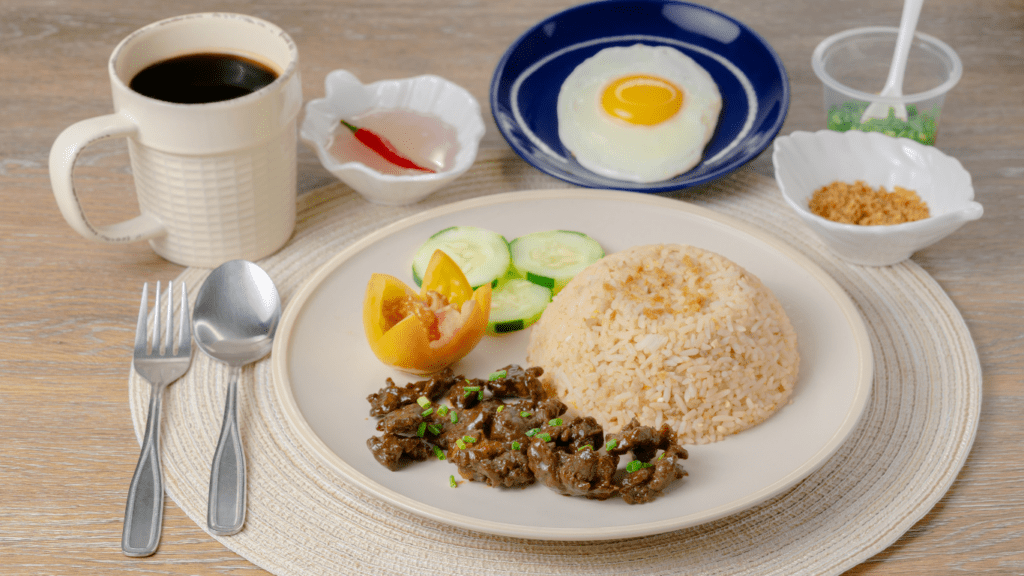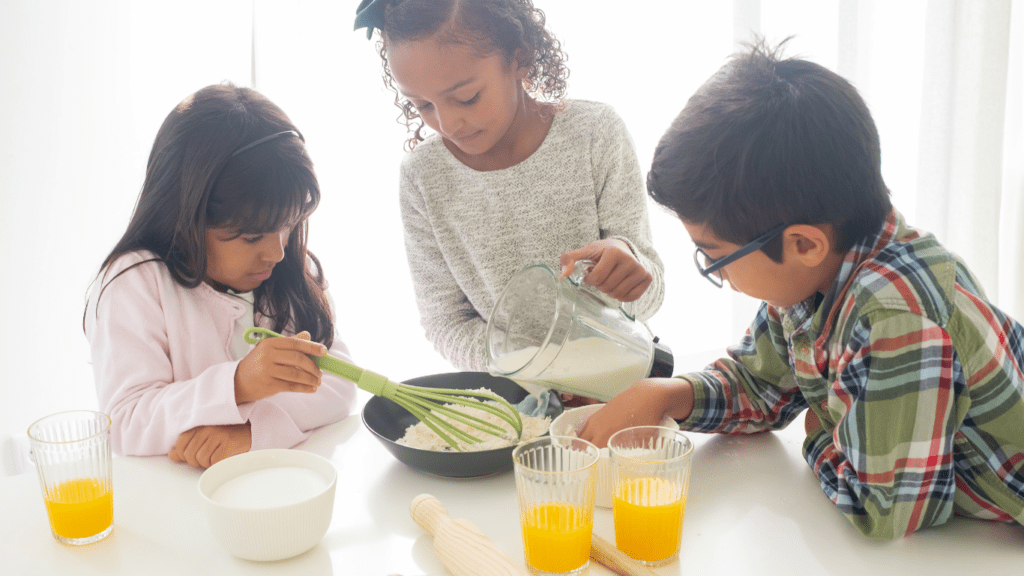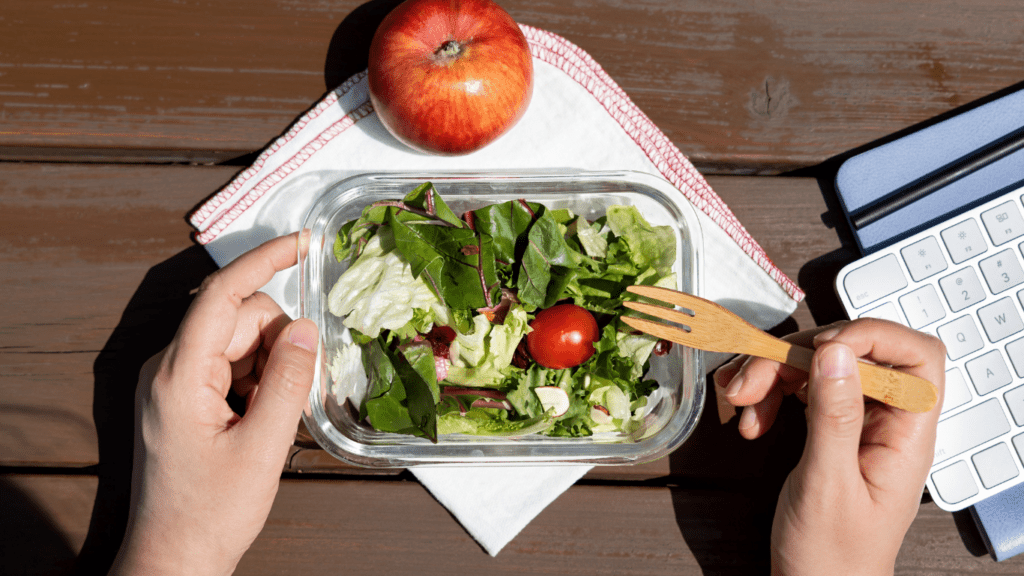Cooking at home isn’t just about preparing meals; it’s a gateway to healthier eating habits for families. As someone who values the nourishment and well-being of my loved ones, I’ve discovered the myriad benefits of home-cooked meals that extend far beyond the dinner table. From controlling ingredient quality to fostering family bonding, the advantages are undeniable.
In this article, I’ll delve into the transformative power of home cooking, exploring how it can positively impact your family’s health and overall lifestyle. By taking charge of what goes into our meals, we not only savor delicious flavors but also prioritize nutrition and well-being. Join me on this culinary journey as we uncover the secrets to a healthier, happier family through the simple yet profound act of cooking at home.
Benefits of Cooking at Home
I believe that cooking at home offers numerous advantages, particularly when it comes to health and finances. Let’s delve into the specific benefits associated with preparing meals at home.
Health Advantages
Cooking at home allows me to have better control over the ingredients I use in my meals. By choosing fresh, wholesome ingredients, I can ensure that my dishes are nutritious and free from excessive amounts of unhealthy additives like preservatives and excessive salts. This control over what goes into my food helps me make healthier choices and reduces the intake of processed foods, leading to improved overall health and well-being.
Additionally, home-cooked meals offer portion control, enabling me to manage serving sizes and avoid overeating. This practice contributes to weight management and promotes healthier eating habits. By preparing meals at home, I can also cater to any specific dietary needs or restrictions that I or my family members may have, ensuring that our nutritional requirements are met with every dish.
Financial Savings
One of the significant benefits of cooking at home is the potential for considerable financial savings. By purchasing ingredients in bulk and preparing meals from scratch, I can reduce overall food costs compared to dining out or buying pre-packaged meals. Planning meals in advance and utilizing leftovers effectively not only minimizes food waste but also stretches my grocery budget further.
Moreover, cooking at home allows me to make meals in larger quantities, saving both time and money in the long run. By preparing batches of food and freezing portions for later consumption, I can streamline meal prep and reduce the temptation to order takeout or dine at restaurants, which can be more expensive options. This cost-effective approach to cooking at home not only benefits my wallet but also enables me to prioritize healthier eating habits for myself and my family.
Why Home-Cooked Meals Promote Healthier Families
When it comes to promoting healthier families, home-cooked meals play a crucial role. Let’s explore how cooking at home contributes to better nutrition and strengthens family bonds.
- Nutritional Control Over Ingredients
I prioritize using fresh and wholesome ingredients in my home-cooked meals. By preparing dishes from scratch, I ensure that my family consumes nutritious foods without added preservatives or unhealthy additives. This control over ingredients allows me to tailor meals to suit dietary preferences and restrictions, supporting overall health and well-being. - Opportunities for Family Bonding
Cooking together provides a wonderful opportunity for my family to bond and create lasting memories. From sharing cooking tasks to enjoying meals around the table, these moments strengthen our relationships and communication. The joy of collaborating in the kitchen fosters a sense of togetherness and enhances our overall well-being as a family.
Practical Tips for Cooking More at Home
Starting with practical tips for cooking more at home, I’d like to share some useful strategies for meal planning and preparing simple, quick recipes to streamline your cooking routine and make healthier eating a sustainable lifestyle choice.
Meal Planning Strategies
When it comes to meal planning, I find that setting aside a small amount of time each week to plan your meals can make a significant difference in how often you cook at home. By taking a few minutes to outline your meals for the week and create a shopping list based on those recipes, you can save time, money, and reduce food waste. It also allows you to make healthier choices by ensuring you have the necessary ingredients on hand and avoid last-minute takeout or unhealthy convenience foods.
Simple and Quick Recipes
Incorporating simple and quick recipes into your meal rotation can help you stay on track with your cooking goals, even on busy days. Look for recipes that require minimal ingredients and preparation time without compromising on flavor or nutrition. One-pot meals, sheet pan dinners, and make-ahead recipes are great options for busy families looking to enjoy homemade meals without spending hours in the kitchen. By having a few easy-to-make recipes in your repertoire, you can whip up a delicious and healthy meal in no time, making cooking at home a convenient and enjoyable experience.
Overcoming Common Obstacles
When it comes to cooking at home, managing time efficiently is crucial. Planning meals in advance and prepping ingredients ahead of time can streamline the cooking process, making it easier to have nutritious meals on the table without feeling overwhelmed.
Time Management
In my experience, creating a weekly meal plan has been instrumental in saving time and reducing stress. By setting aside some time on the weekends to plan out meals for the week, I can ensure that I have all the necessary ingredients on hand and avoid last-minute decisions that may lead to ordering takeout.
Dealing with Picky Eaters
Having picky eaters in the family can be challenging, but it’s not impossible to overcome. One strategy that has worked for me is involving my picky eaters in the meal preparation process. By allowing them to choose a meal or help with cooking, they are more likely to try new dishes and develop a sense of ownership over what they eat.



